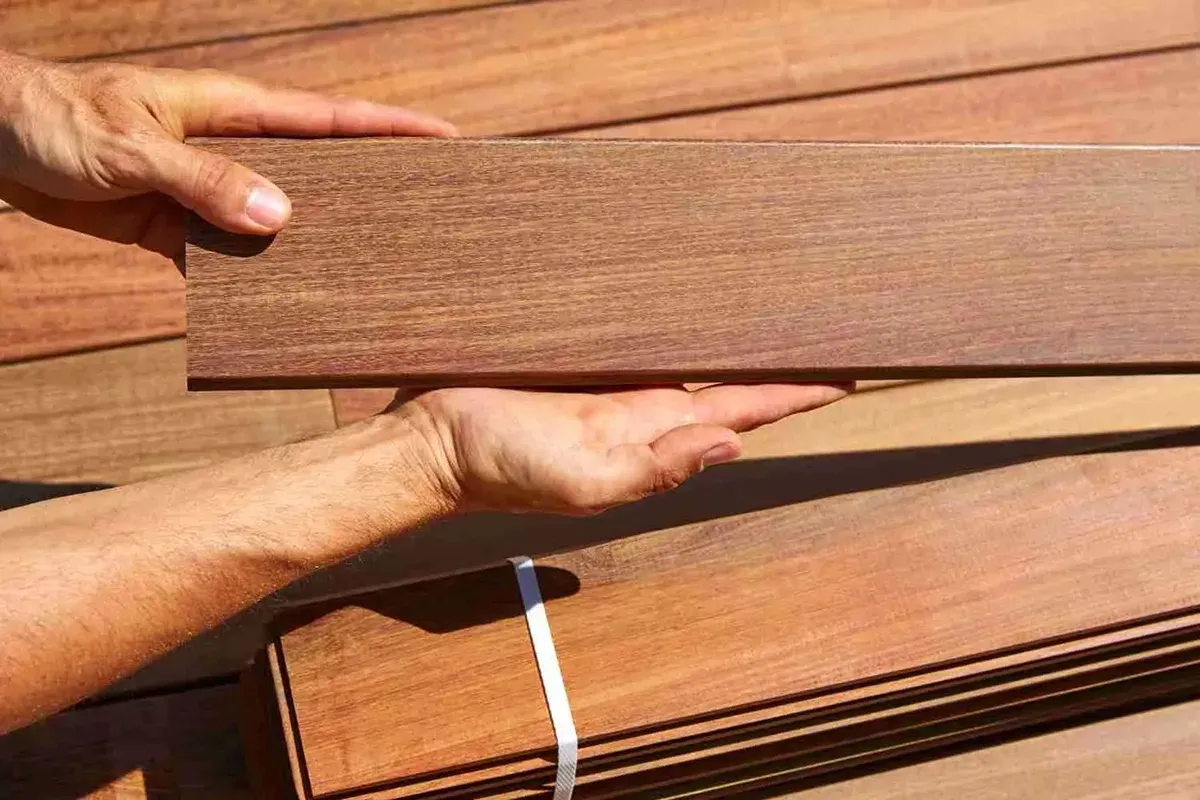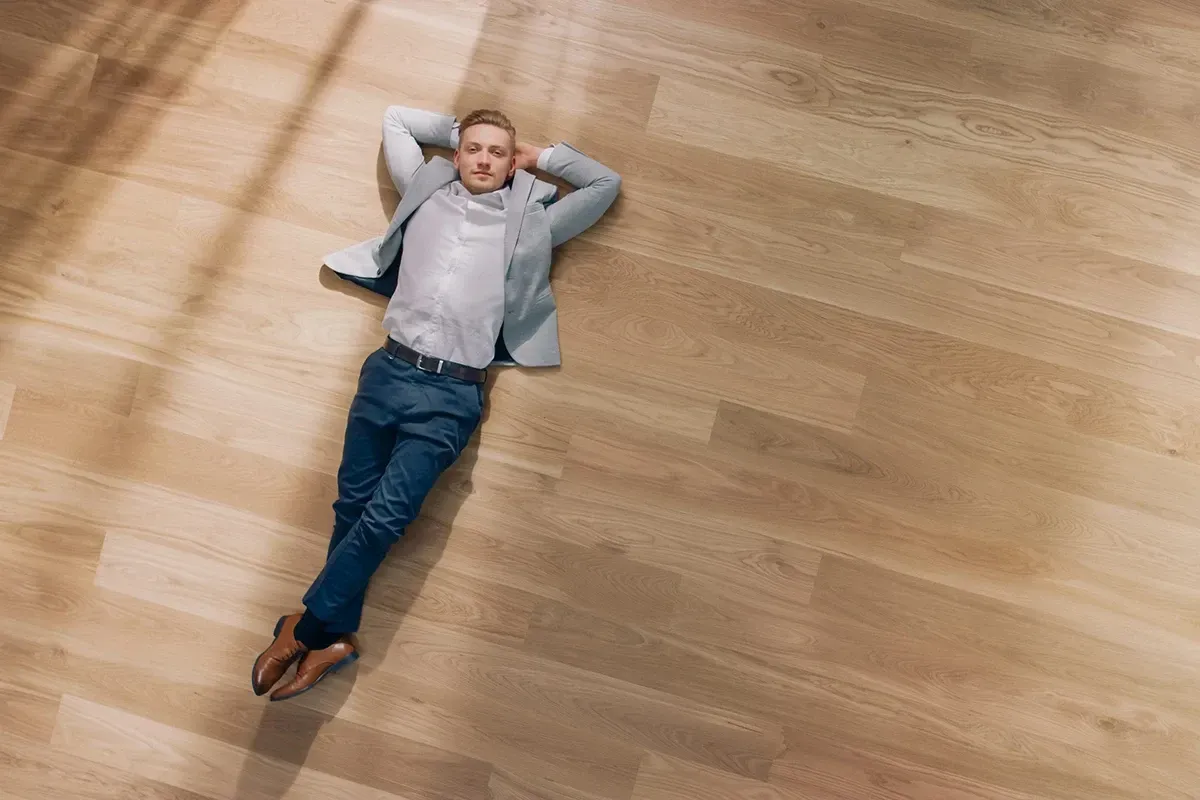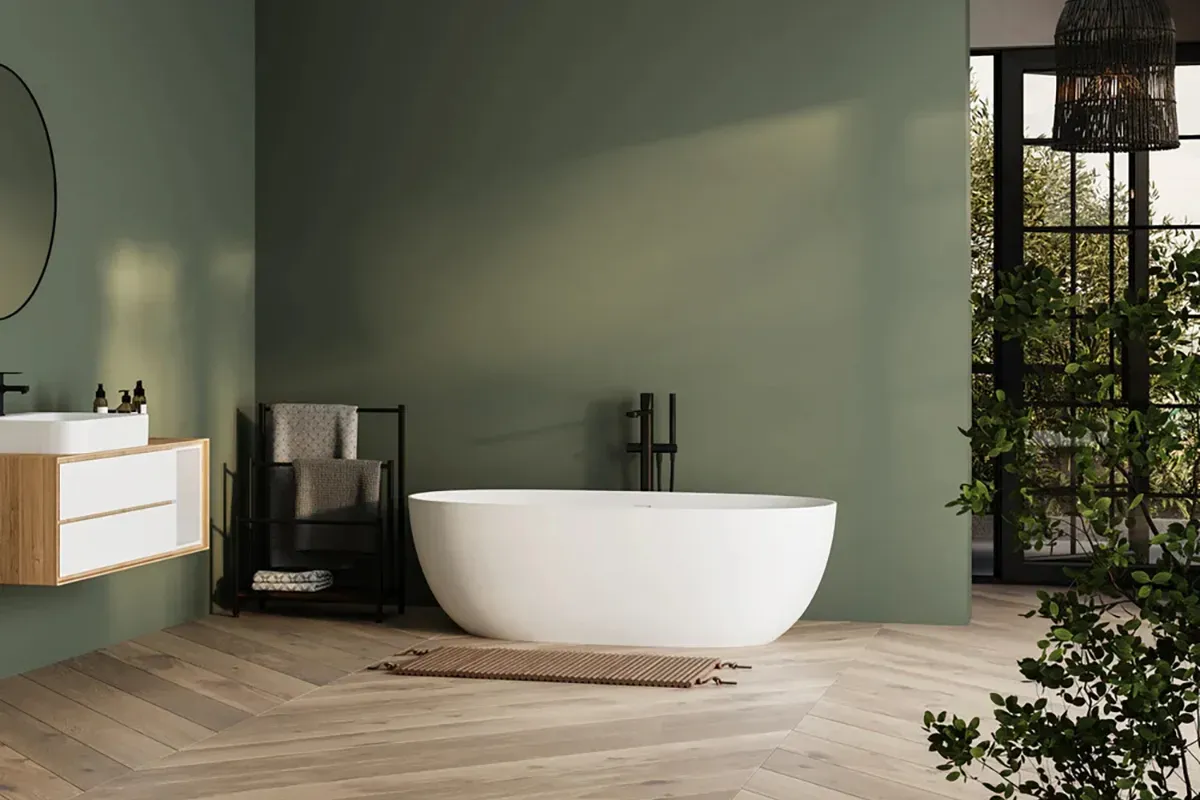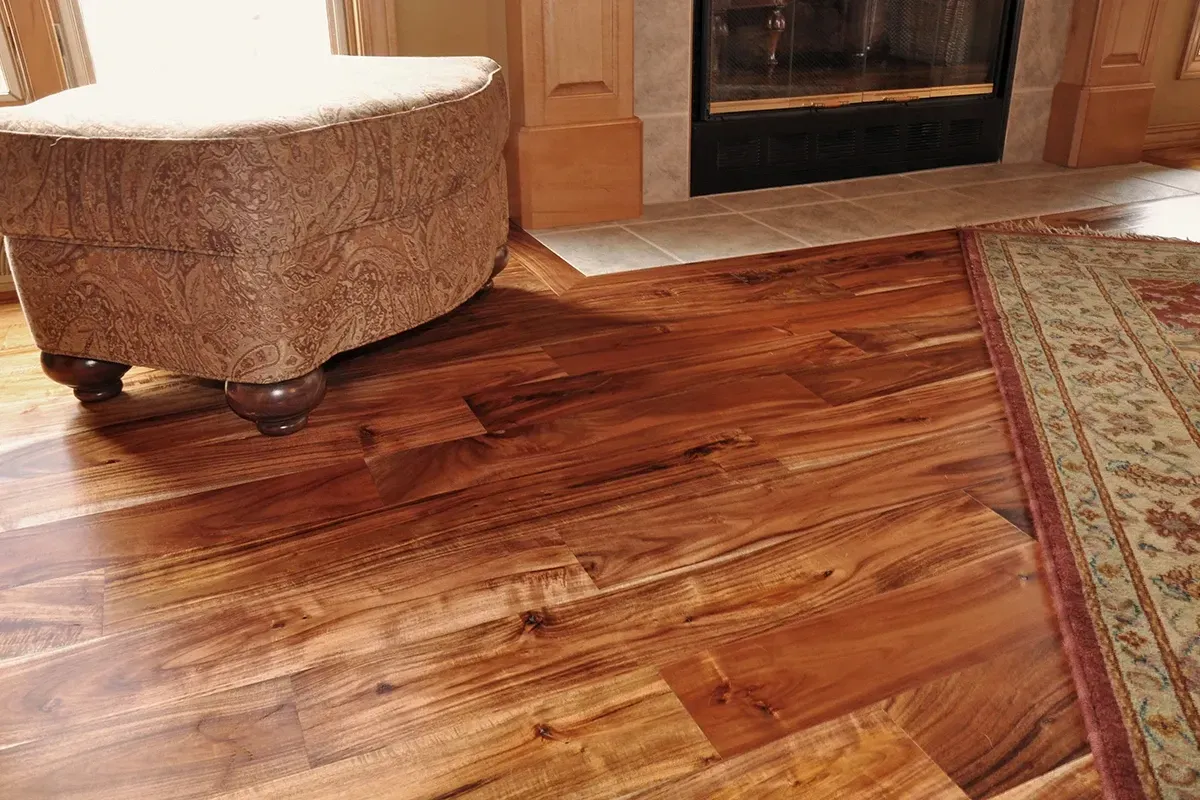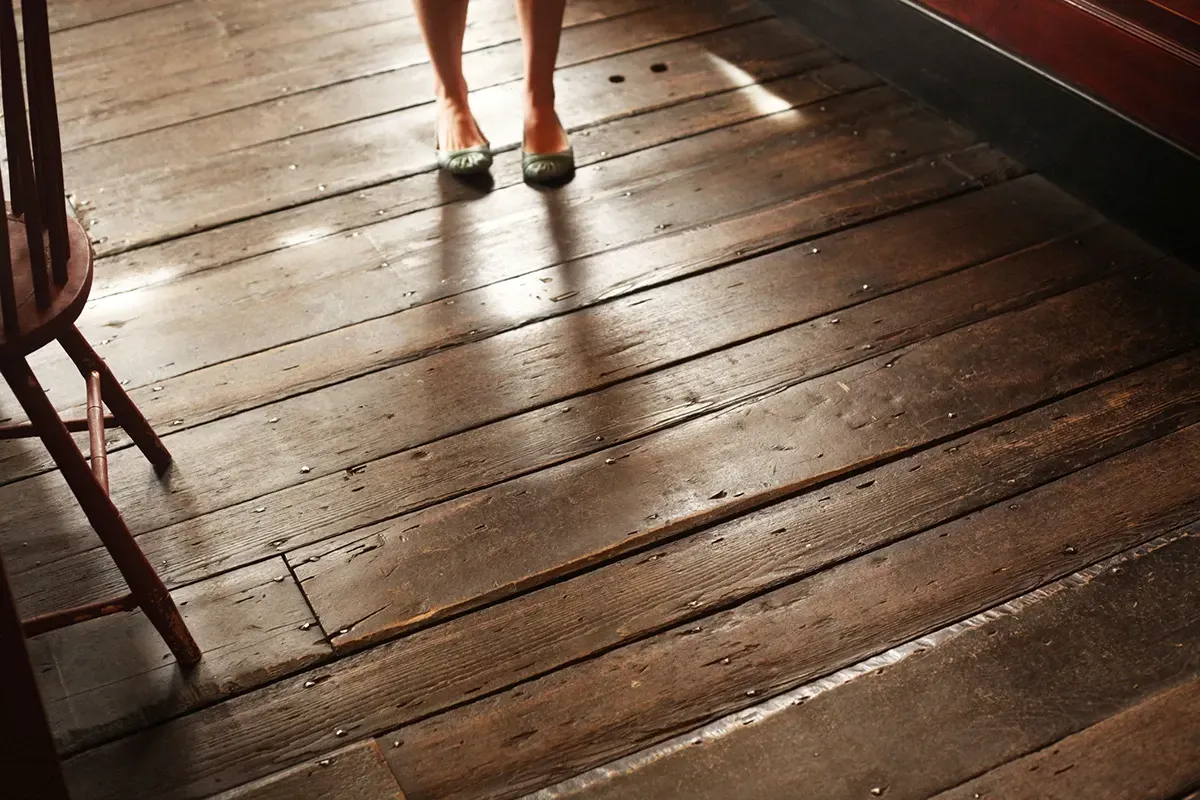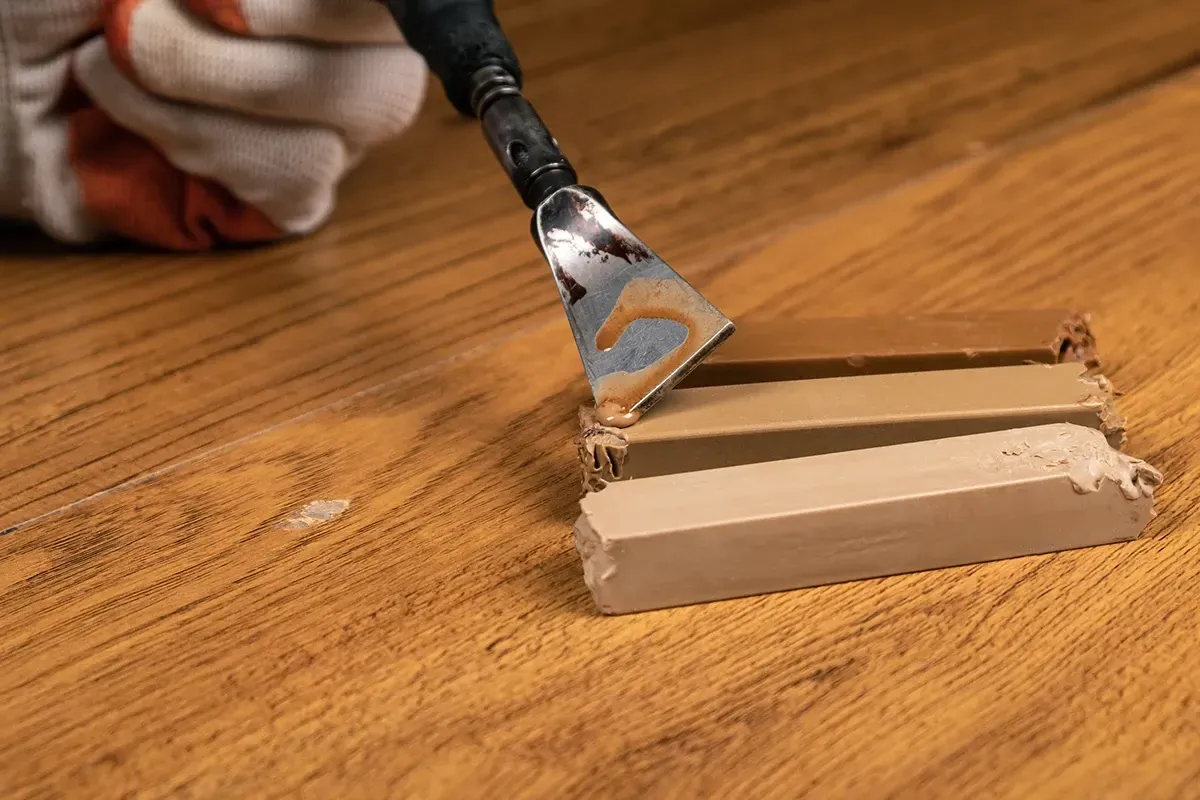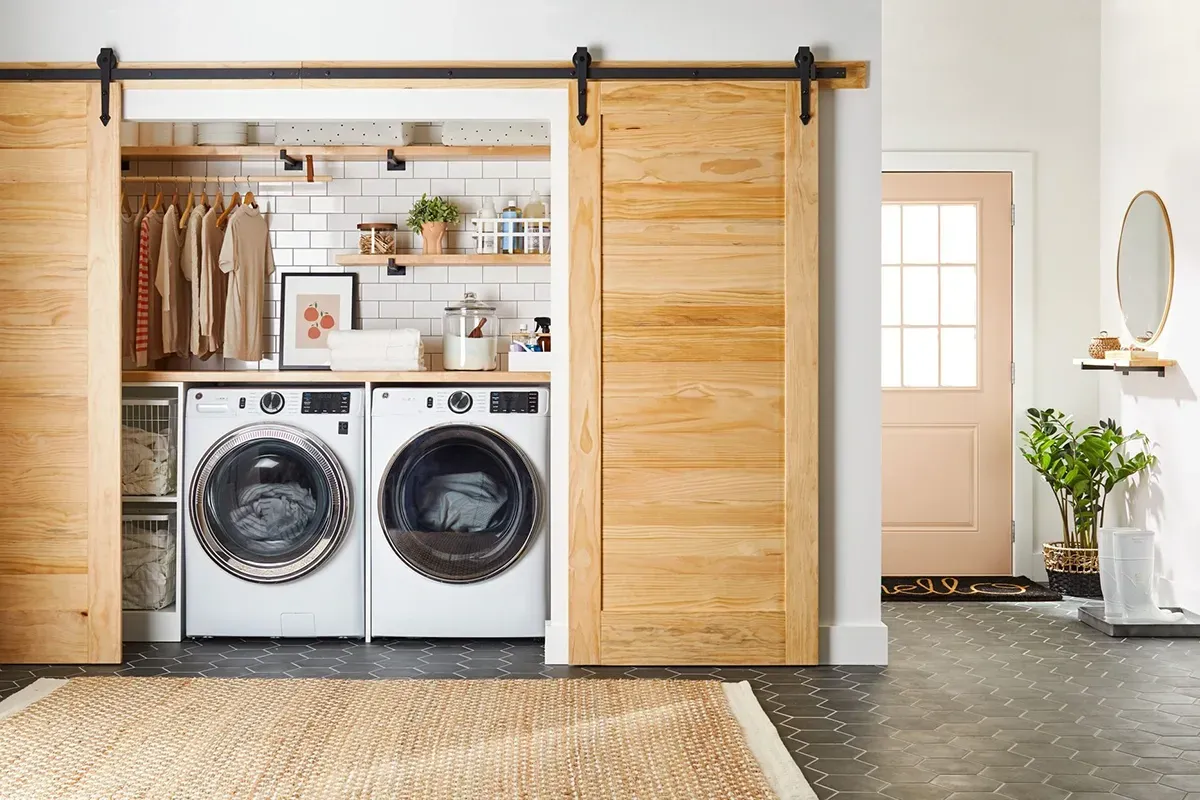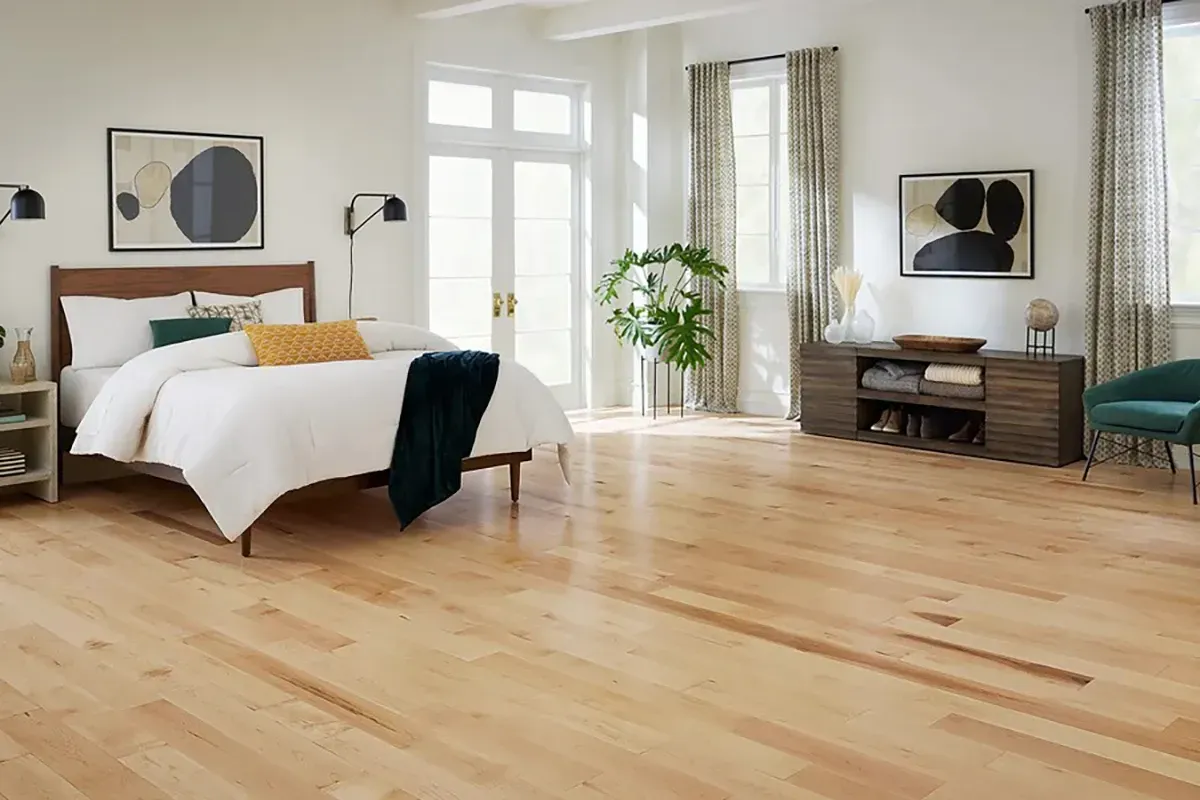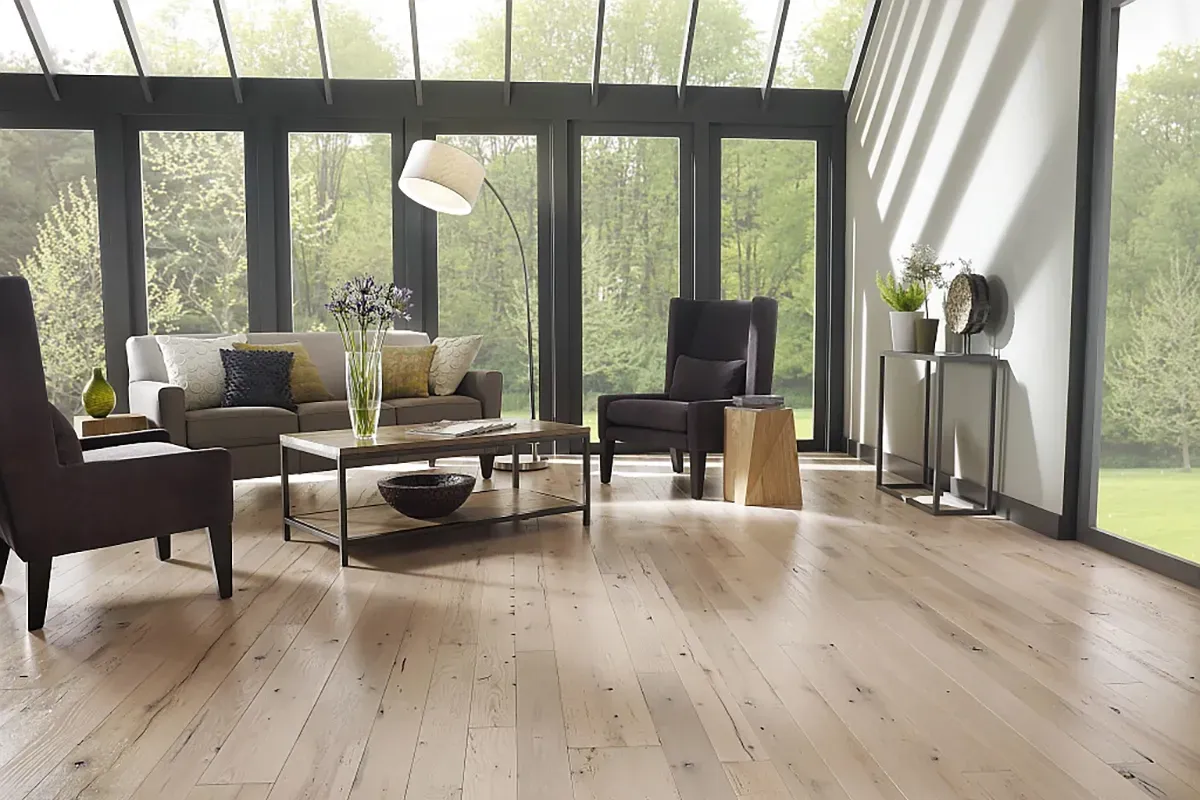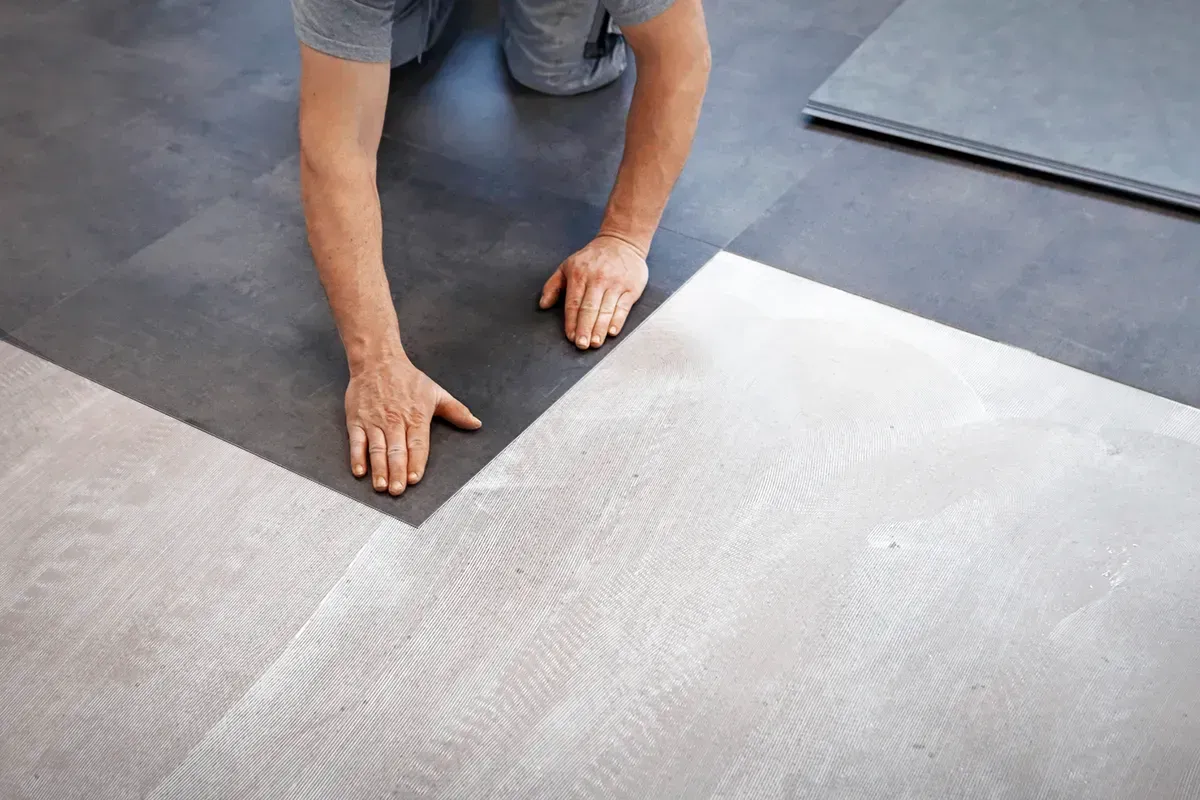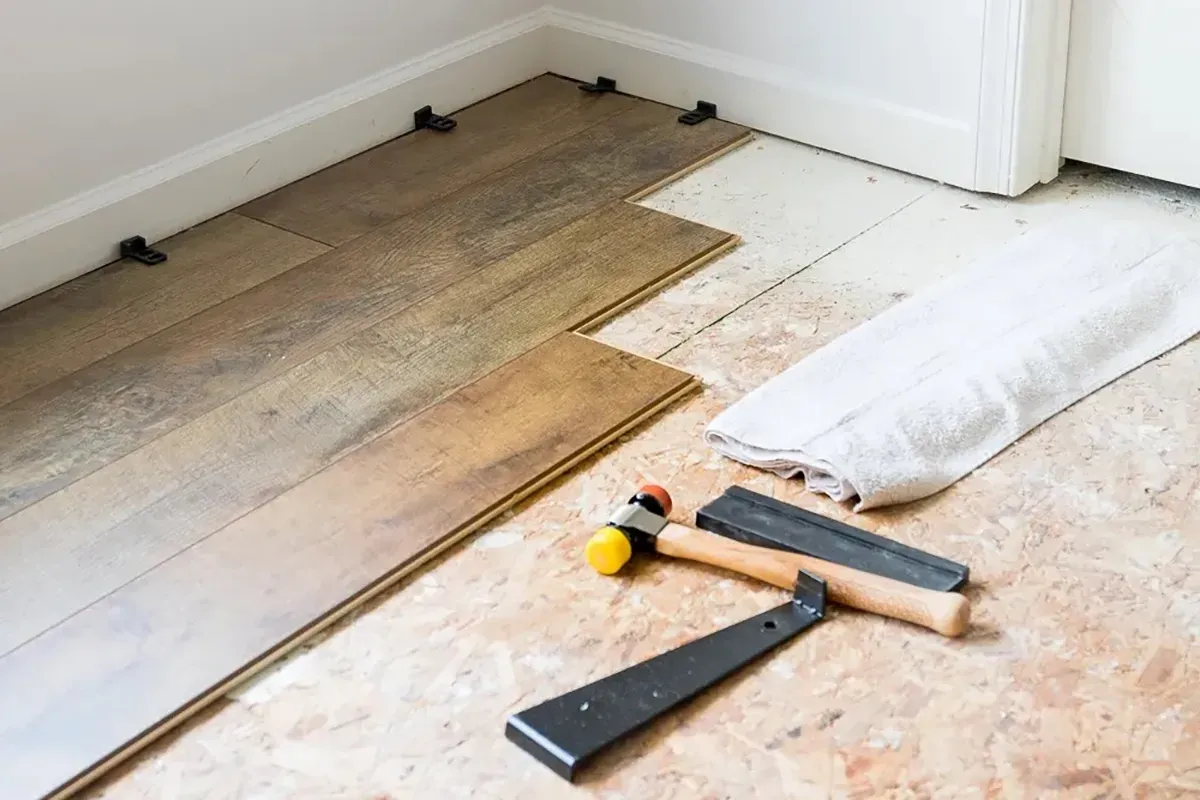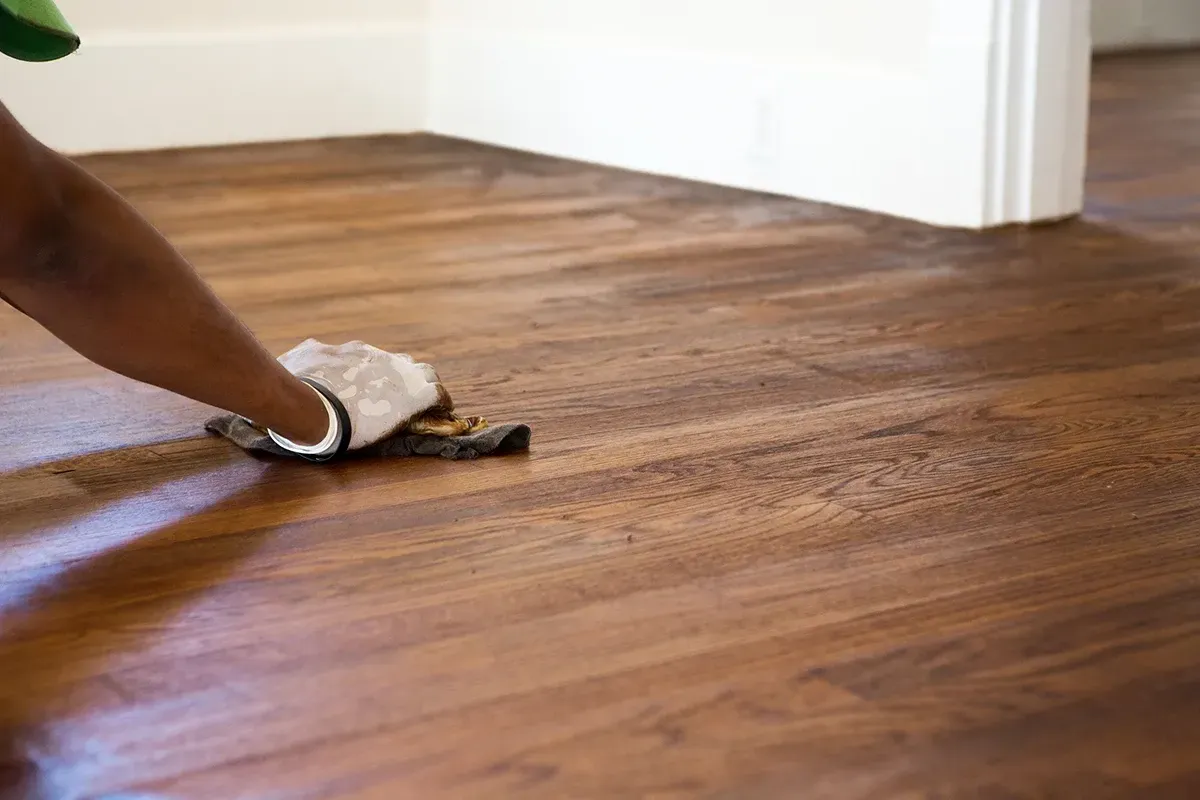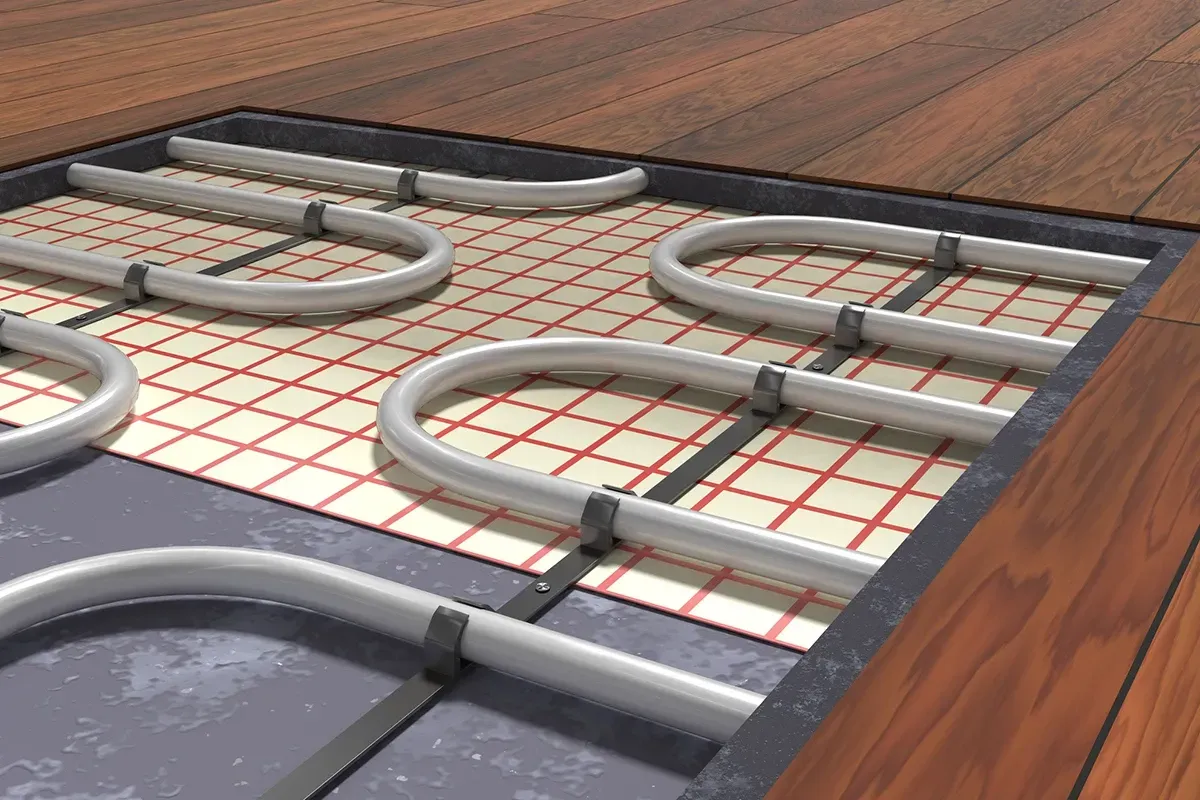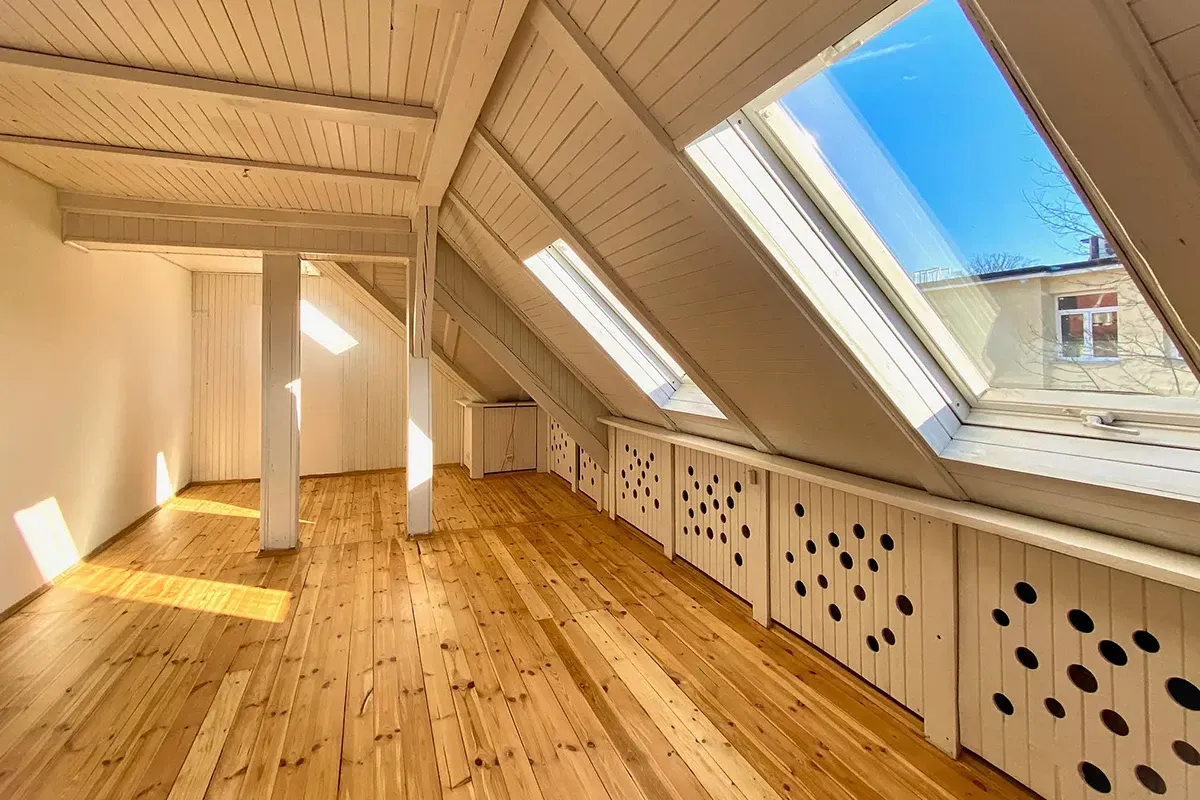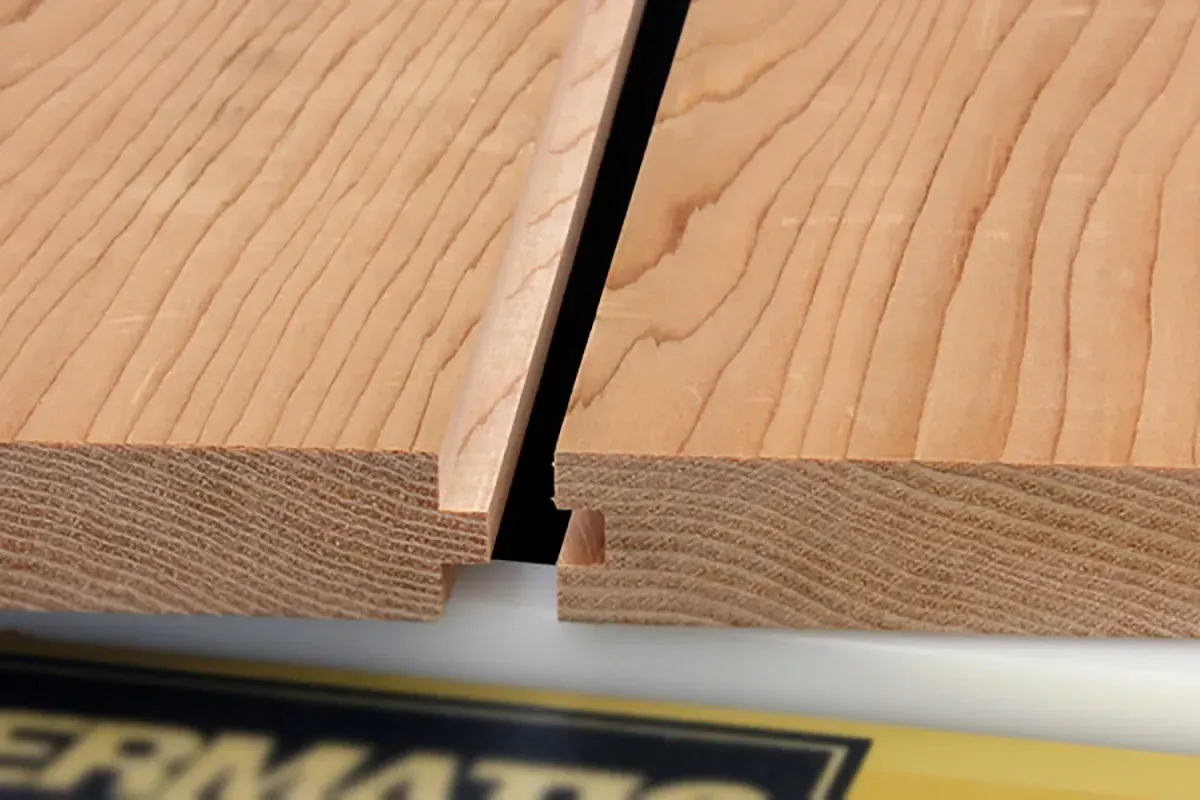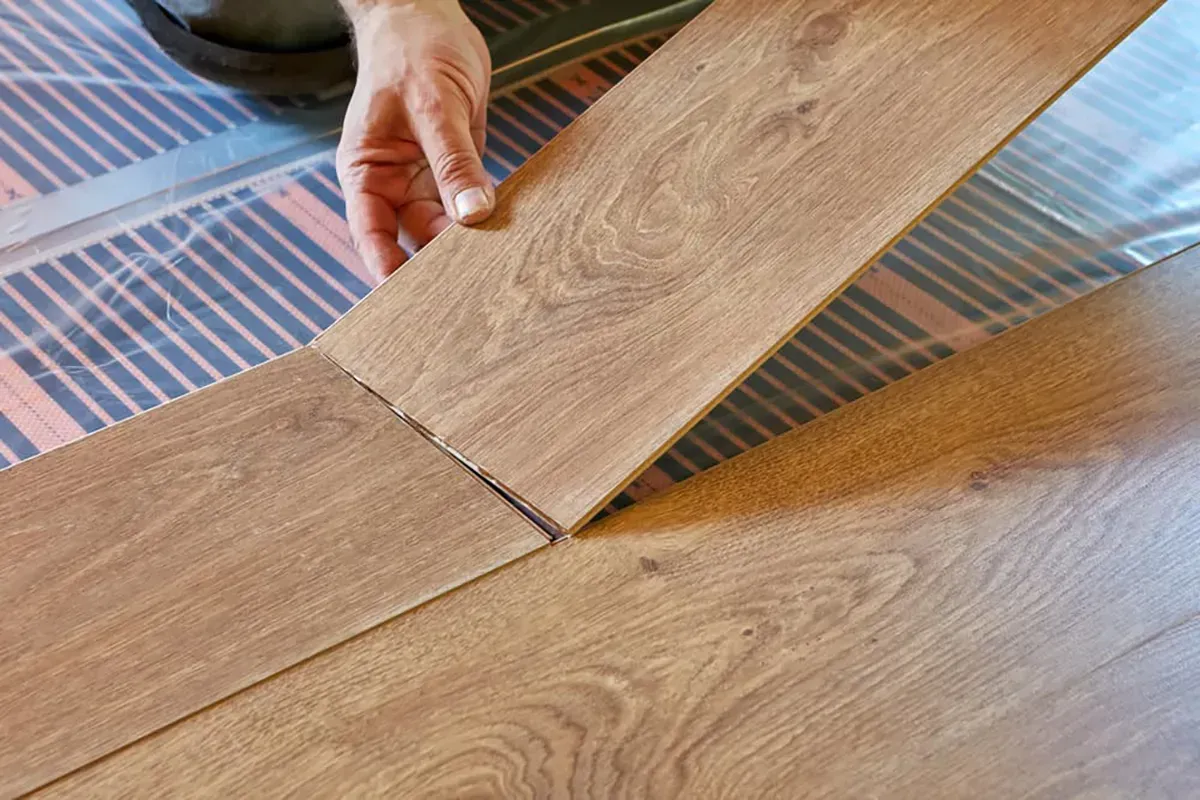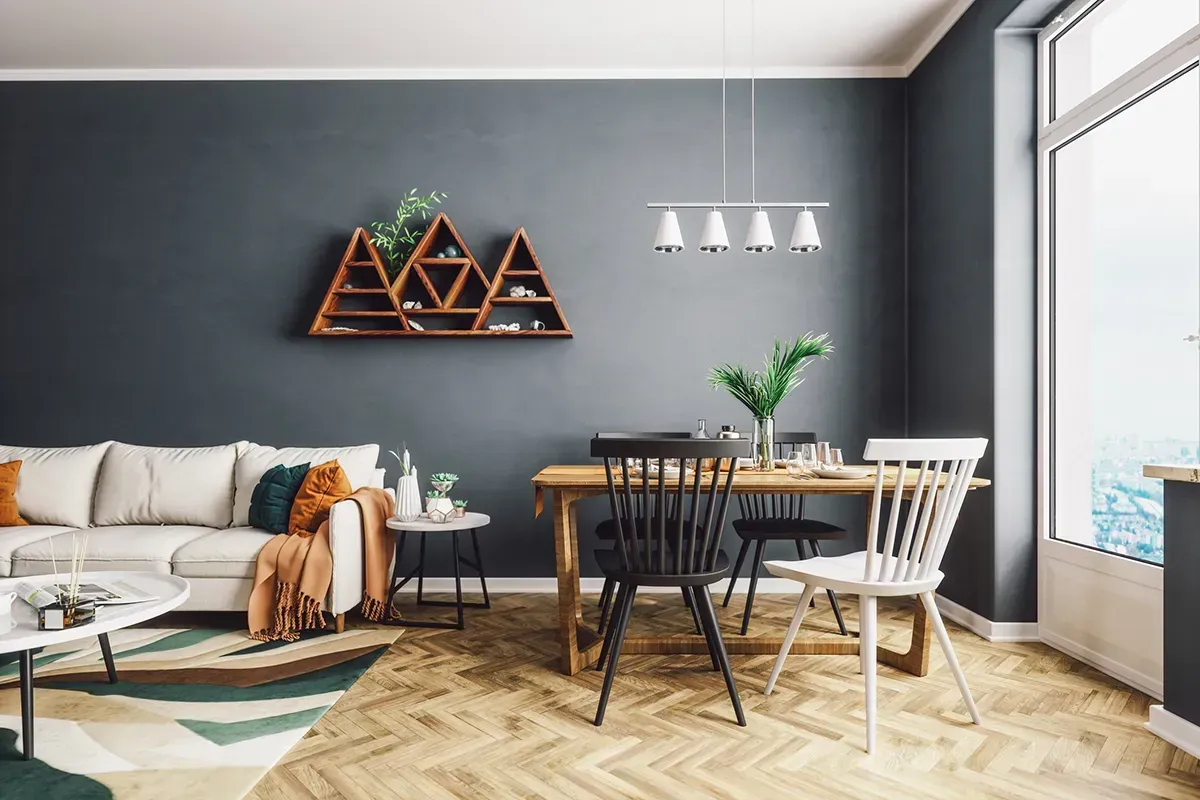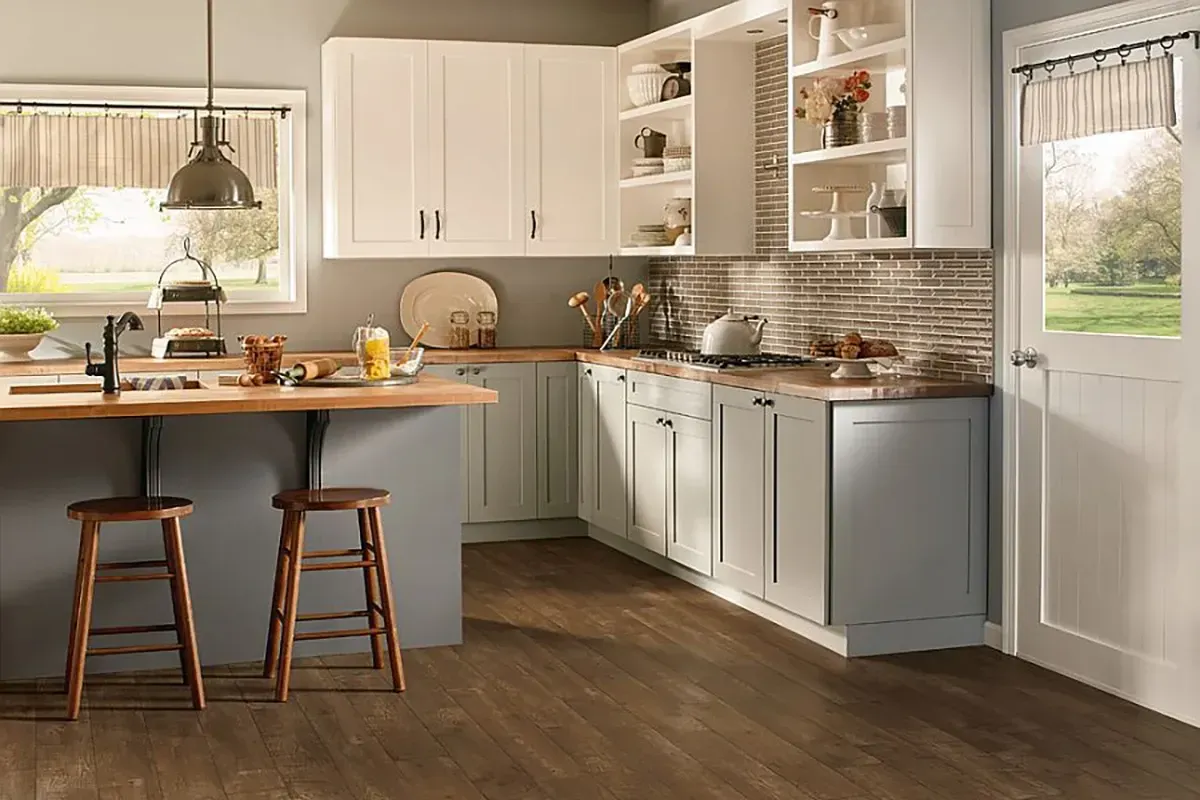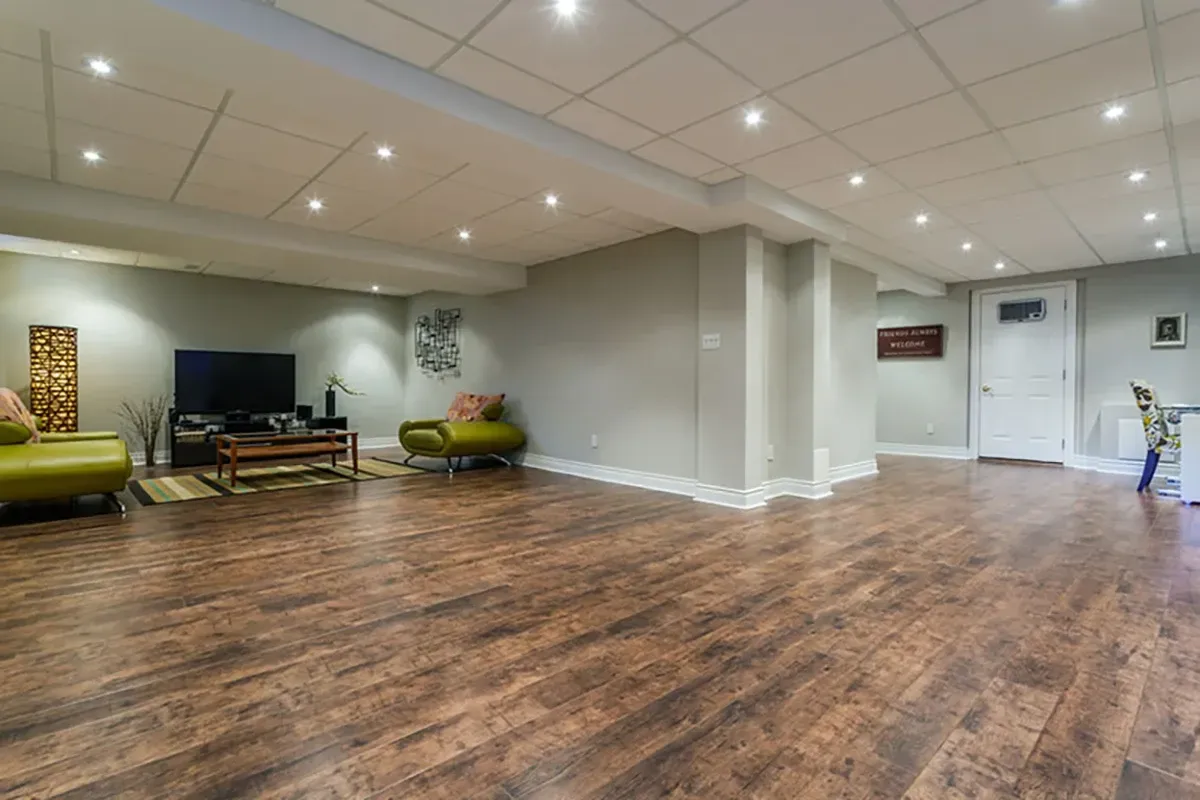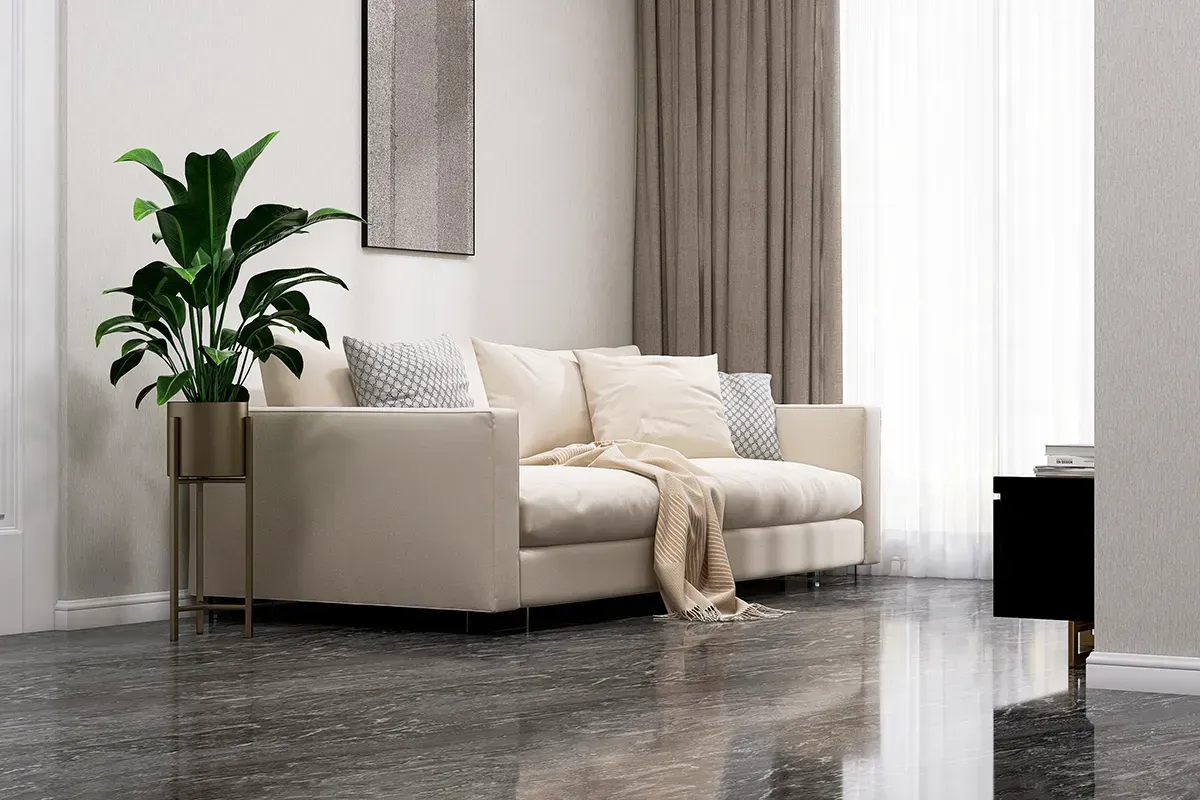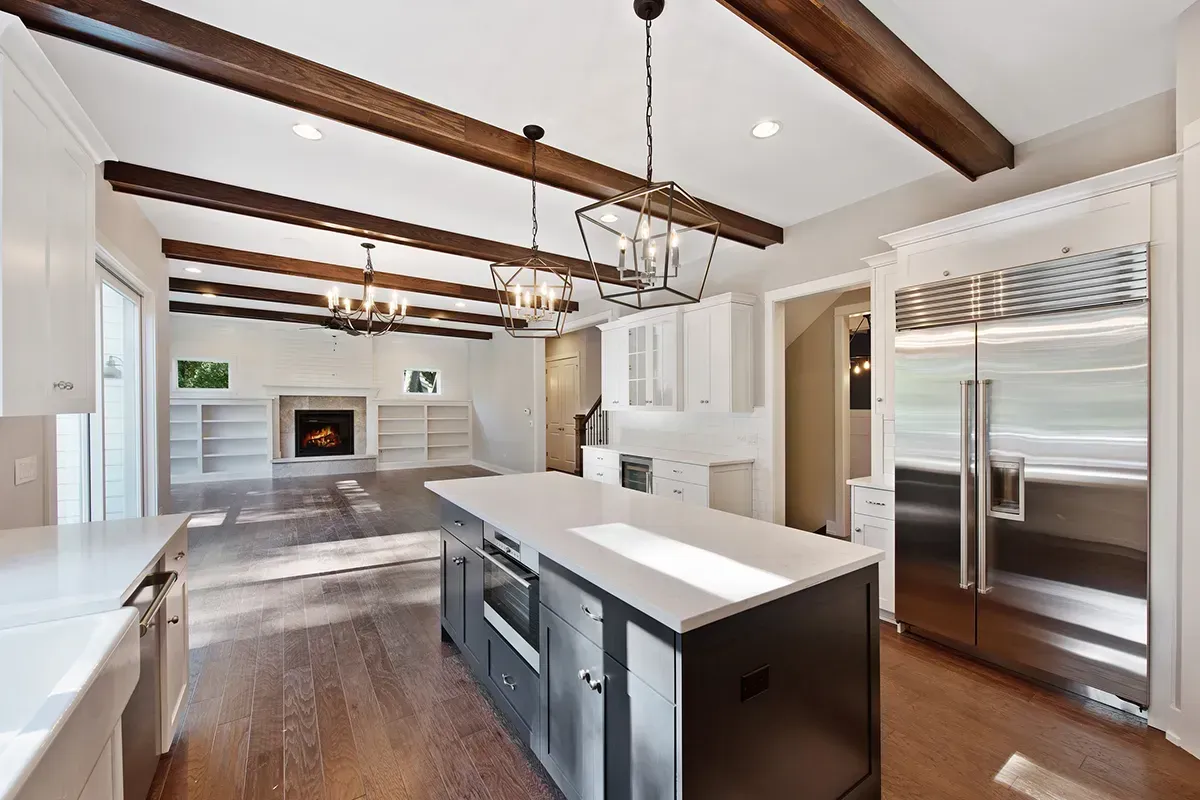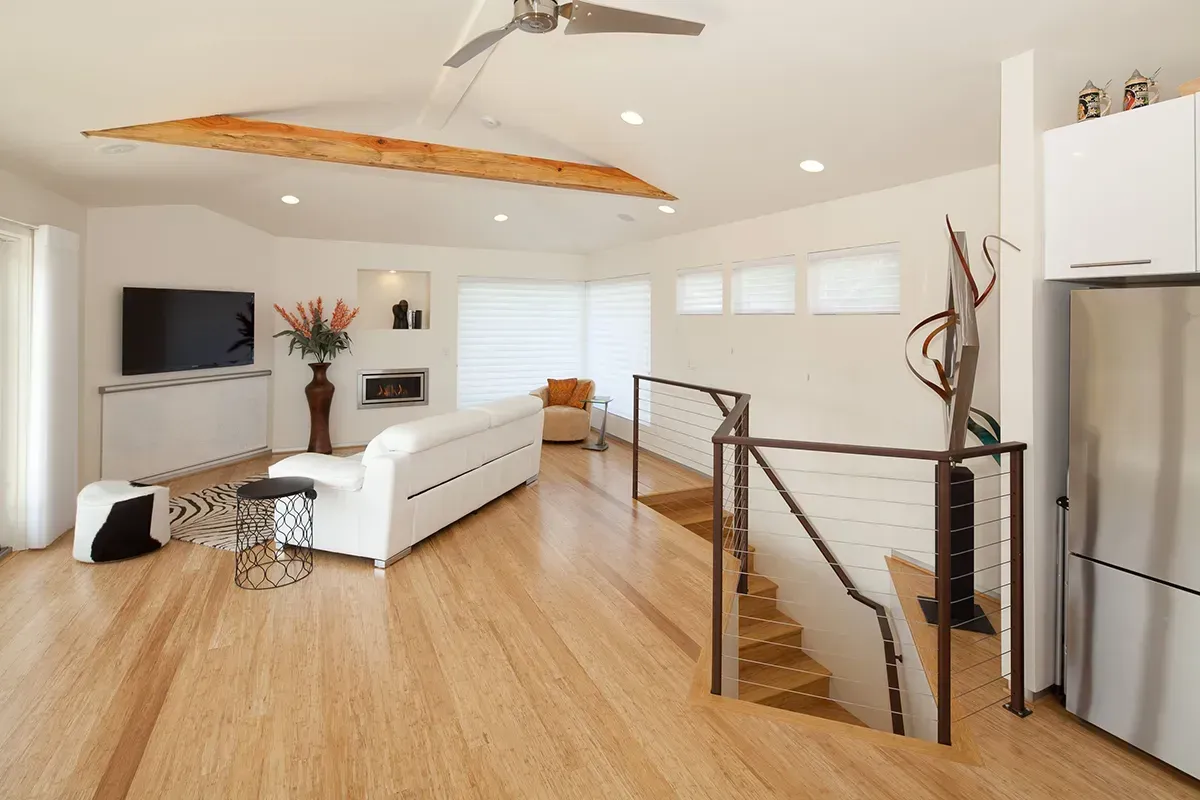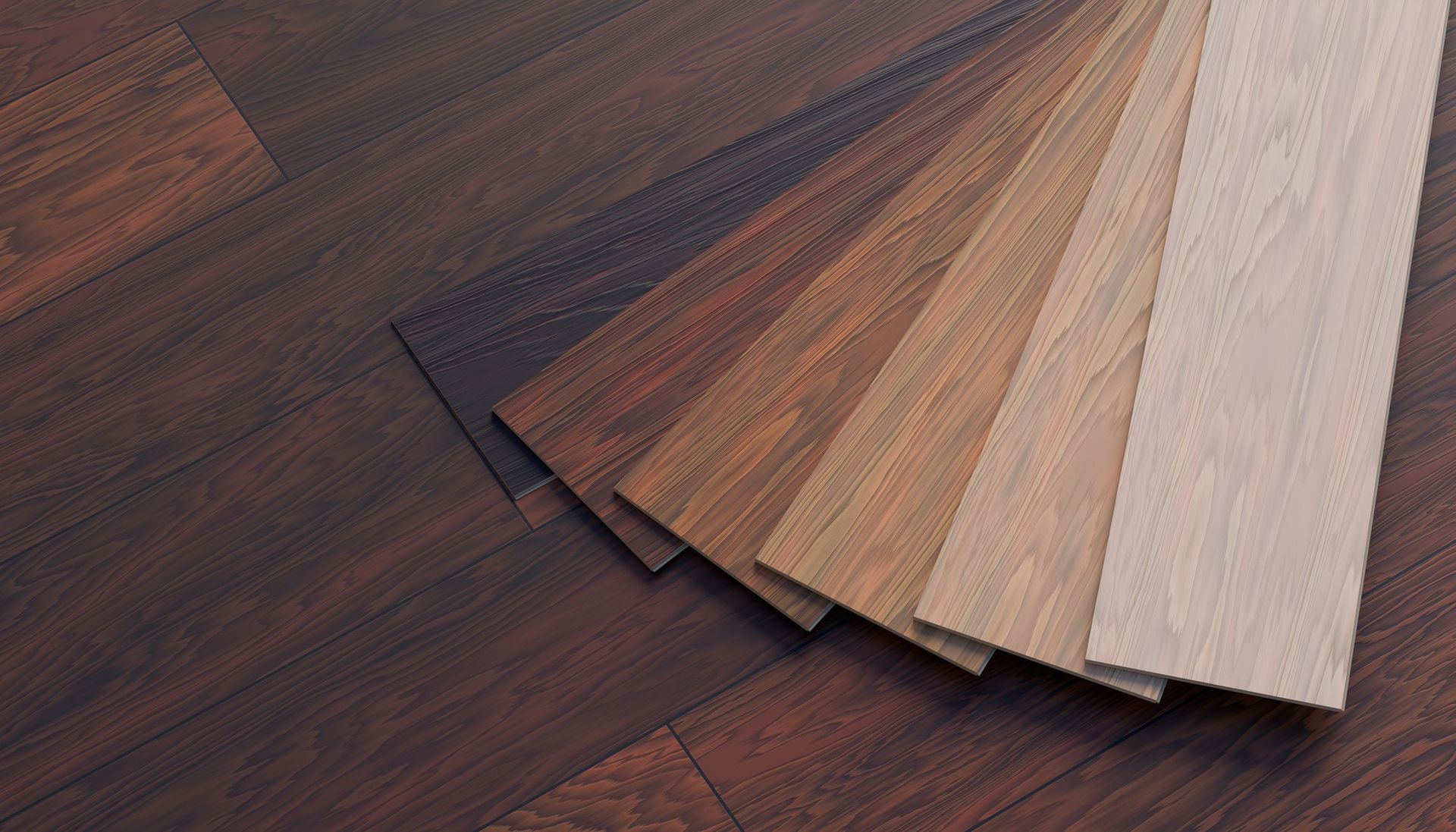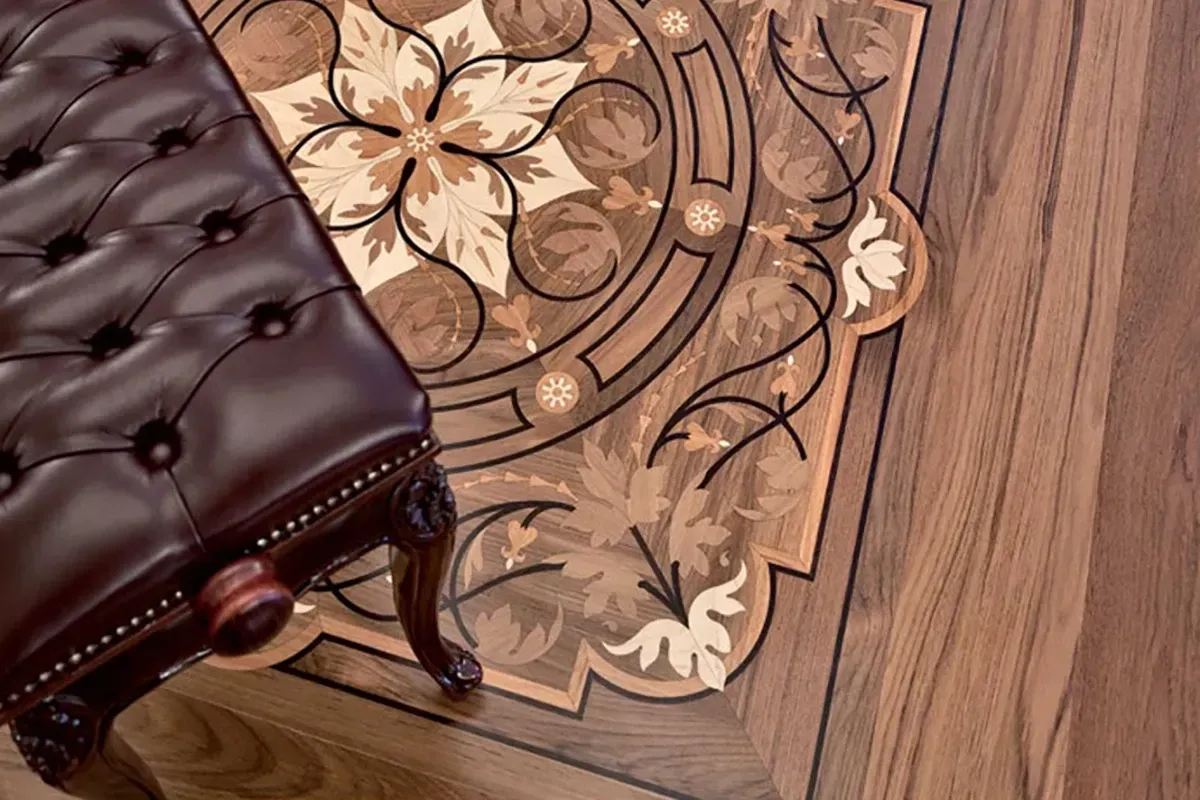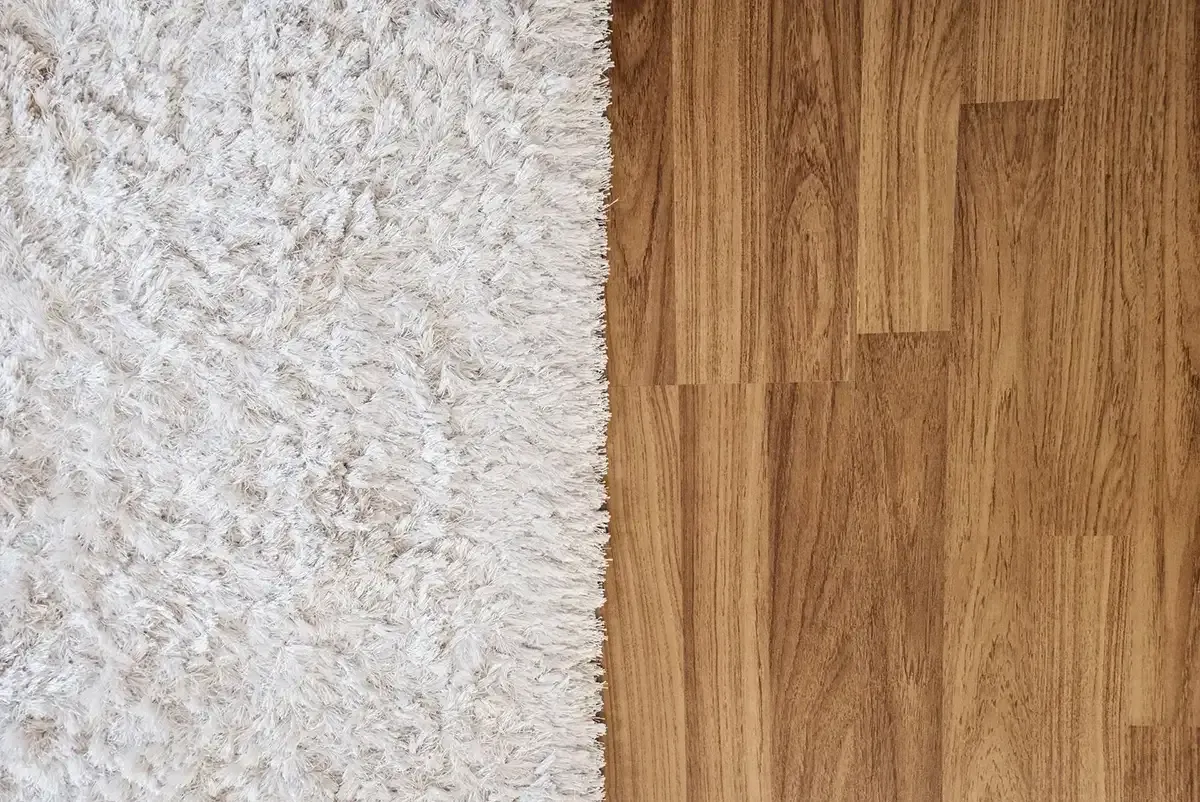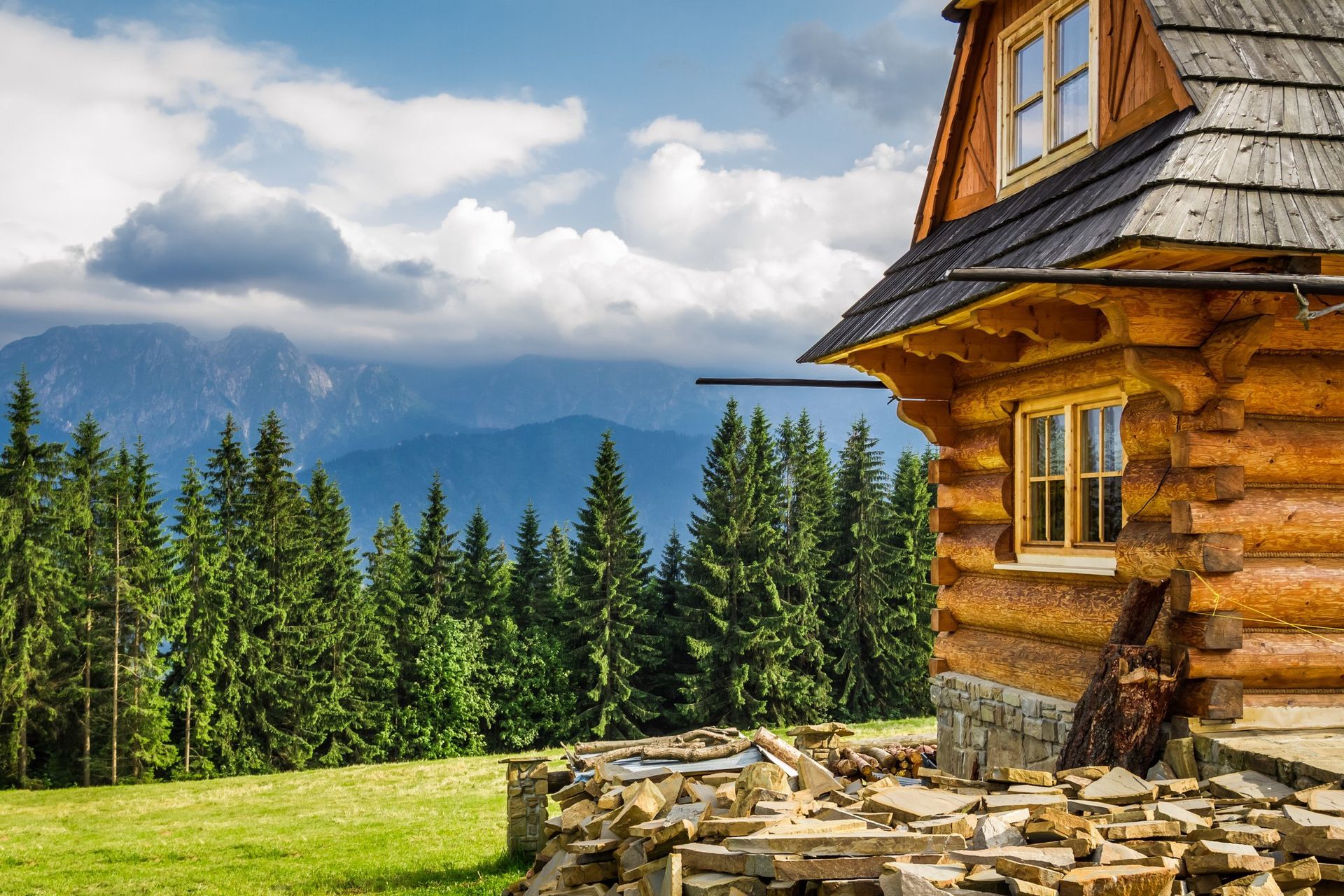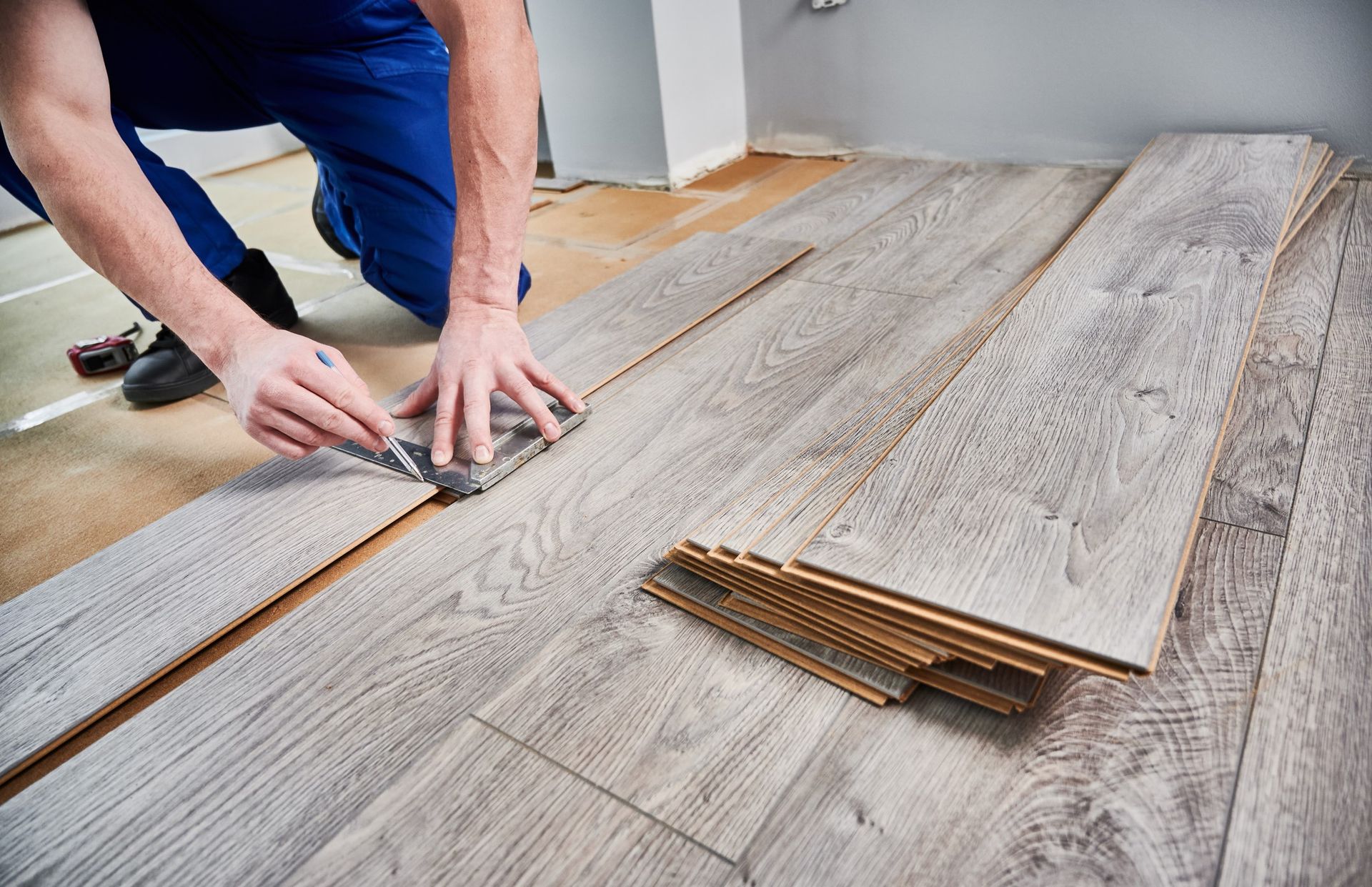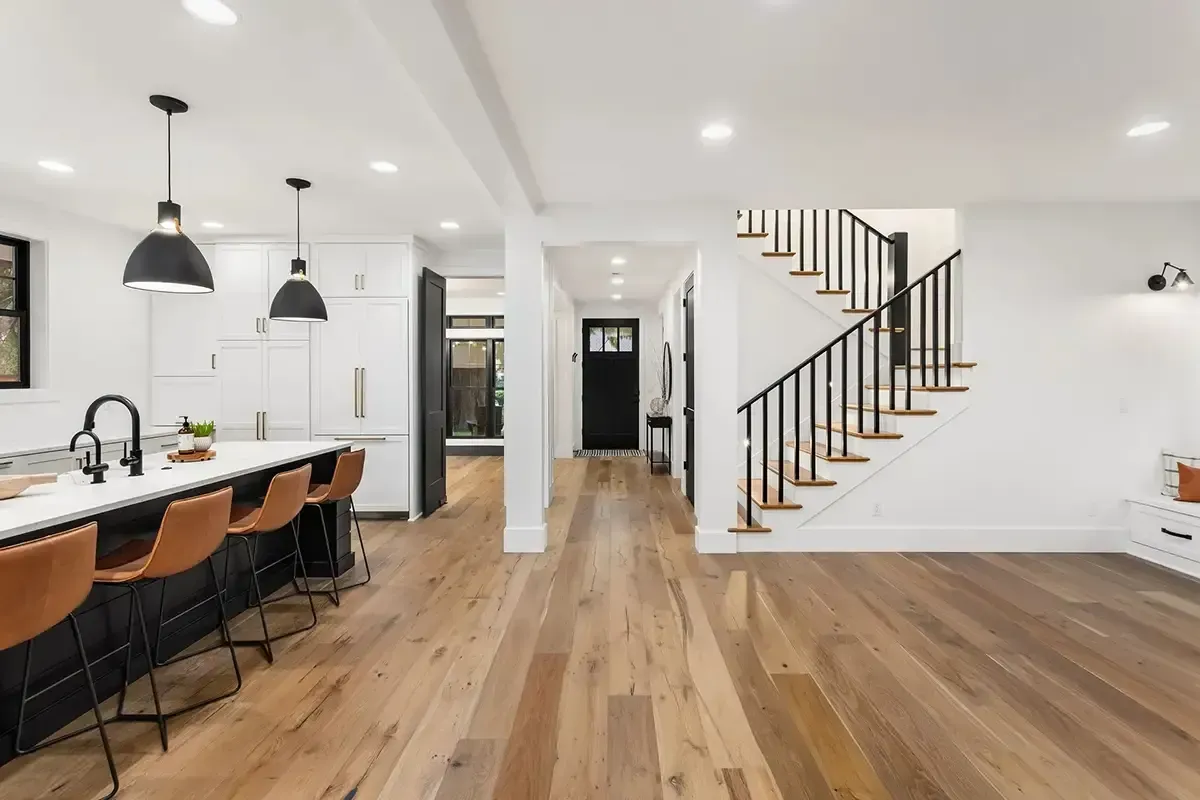Restaurant & Bar Flooring: Types, Costs & Considerations
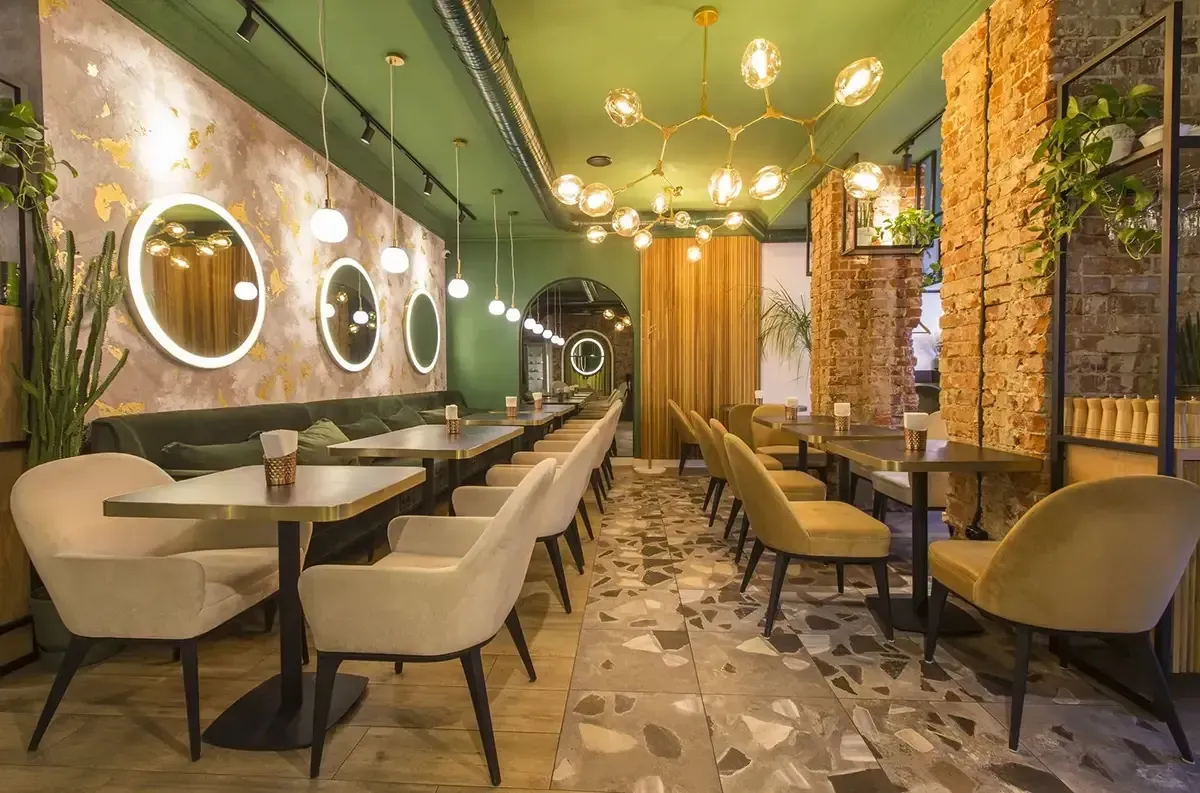
Portland Oregon is ranked No. 10 best city in the world for food and is the ultimate “foodie” paradise. It touts 2024 James Beard award-winning chefs and internationally recognized bars. From full-service restaurants to hole-in-the-wall dive bars, dining and drinking is the Portland way of life!
Operating a successful restaurant or bar demands organization, business acumen, and a well-planned space. Among the most crucial decisions before opening your doors is the choice of flooring. The right flooring can enhance your establishment’s aesthetic while offering durability, safety, and easy maintenance. For areas like kitchens and storage spaces, compliant flooring is critical to meeting safety standards. Let’s explore the best flooring options for restaurants and bars, ensuring your space is both stylish and functional.
Commercial vs. Residential Flooring: Key Differences
- Slip Resistance: Commercial flooring must prioritize slip resistance to reduce accidents and legal risks. Although not mandatory for homes, slip-resistant residential flooring is a wise choice for safety.
- Fire Safety: Restaurants should avoid combustible flooring materials like carpet to minimize fire hazards. Fire-retardant flooring is crucial in commercial settings.
- Durability: Restaurant flooring experiences heavy foot traffic, especially during peak hours. Choosing commercial-grade flooring is essential to prevent wear and tear and avoid costly repairs. Unlike residential options, commercial flooring is built to withstand intense use.
Top Flooring Types for Restaurants and Bars
1. Concrete Flooring
Concrete offers longevity and versatility at a reasonable price. Polished concrete can be customized with stains, dyes, or engravings to create unique designs. It’s also low-maintenance and highly durable, making it a great choice for high-traffic areas.
Pros:
- Stain and impact resistant
- Customizable
- Long-lasting
Cons:
- Can become slippery when wet if not sealed
- May feel too industrial without warm décor
2. Luxury Vinyl Plank (LVP)
Luxury vinyl flooring, which includes Luxury Vinyl Plank (LVP) and Luxury Vinyl Tile (LVT) is a top choice for its water resistance, durability, and variety of styles. Its rigid Stone Plastic Composite (SPC) core makes it tough enough for busy environments like restaurants, while its waterproof properties make it ideal for kitchens and bars.
Pros:
- Water-resistant or waterproof
- Affordable and easy to install
- Available in a wide range of designs
- Sound-absorbing underlayment
Cons:
- Lower-quality brands may not be fully waterproof
3. Waterproof Laminate Flooring
Laminate flooring combines the look of wood with impressive durability and stain resistance. It’s a practical option for busy restaurants where spills are common. The higher the AC (Abrasion Criteria) rating, the more durable the laminate, with commercial-grade options recommended for heavy use.
Pros:
- Fade-resistant for a long-lasting appearance
- Stain-resistant and easy to clean
- Wide variety of wood-like patterns
Cons:
- Quality depends on the AC rating; opt for AC5 or higher for commercial use
4. Tile and Stone Flooring
Ceramic tiles are water-resistant, long-lasting, and available in numerous colors and patterns. However, they can crack if heavy objects are dropped on them. Travertine, a type of natural stone, offers eco-friendliness and a natural aesthetic, though it may require more upkeep in high-traffic areas.
Pros:
- Water-resistant and low-maintenance
- Natural stone options like travertine are eco-friendly
- Slip-resistant options available for safety
Cons:
- Can crack if heavy items are dropped
- Stone floors may trap debris in cracks or crevices
Back of House Flooring Considerations
- Safety and Cleanliness: When selecting flooring for back-of-house areas like kitchens, dishwashing stations, and storage rooms, safety and ease of cleaning are top priorities. Slip-resistant, waterproof flooring is critical in these spaces to reduce the risk of accidents, as spills and moisture are frequent.
- Epoxy Flooring: Epoxy coatings are highly recommended for kitchens and other high-moisture areas. They are non-slip, chemical resistant, and can withstand the harsh cleaning products used in commercial kitchens. Epoxy also forms a seamless surface, which prevents bacteria and mold from growing in grout lines or crevices.
- Rubber Flooring: Rubber flooring is another excellent choice for back-of-house areas. It provides a non-slip surface that’s cushioned, which can reduce fatigue for staff working long hours. Rubber flooring is durable and resists water, making it ideal for high-traffic, wet environments.
Maintenance Tips for Restaurant & Bar Flooring
To keep your restaurant & bar flooring in top condition, regular maintenance is key, especially if your establishment offers Irish Dancing, or other types of high energy activies. Here are some tips for maintaining different types of flooring in commercial spaces:
- Concrete: Use a neutral pH cleaner and avoid harsh chemicals that can erode the sealant. Re-seal concrete floors annually to maintain their appearance and protect against stains.
- Luxury Vinyl Plank: Regular sweeping and damp mopping keep LVP floors looking their best. Avoid using wax or abrasive cleaners, as they can damage the finish.
- Laminate: Wipe up spills quickly to prevent moisture damage, and use a laminate-specific cleaner for regular cleaning. Be cautious of dragging furniture across the surface to avoid scratches.
- Tile & Stone: Sweep and mop tiles regularly, and ensure grout lines are sealed to prevent staining. For stone, use a stone-specific cleaner to avoid etching or discoloration.
Proper maintenance not only extends the life of your flooring but also ensures your establishment maintains a professional and inviting appearance for guests.
Eco-Friendly Flooring Options
If sustainability is a priority for your restaurant or bar, consider eco-friendly flooring materials that reduce environmental impact while offering durability and style:
- Cork Flooring: Made from the bark of cork oak trees, cork is a renewable resource that regenerates after harvesting. Cork flooring is also water-resistant, antimicrobial, and comfortable underfoot, making it a great choice for dining areas and kitchens.
- Bamboo Flooring: Bamboo is a fast-growing, renewable material that resembles hardwood. It’s durable, moisture-resistant, and comes in a range of natural tones. Bamboo flooring works well in restaurants with an earthy, modern aesthetic.
- Recycled Materials: Some manufacturers offer flooring made from recycled materials like glass, rubber, or reclaimed wood. These options can add unique character to your space while promoting sustainability.
Eco-friendly flooring options align with the growing trend of sustainable dining, offering restaurateurs the chance to create environmentally conscious spaces.
Costs of Restaurant Flooring
The cost of flooring varies depending on the material, installation, and upkeep requirements:
- Concrete: $3 - $10 per square foot
- LVP: $3 - $7 per square foot
- Waterproof Laminate: $3 - $6 per square foot
- Ceramic Tile: $5 - $15 per square foot
- Stone: $10 - $30 per square foot
Investing in high-quality, commercial-grade flooring upfront can save you significant repair and replacement costs down the road, especially in a high-traffic establishment like a restaurant or bar.
Visit Our Showroom
Whether you’re replacing old floors or upgrading to a more modern look,
Rejuvenation Floor & Design offers a wide selection of flooring options. Explore our waterproof laminates, luxury vinyl planks, and more. Let us help you create the perfect floor for your dining establishment! Rejuvenation Floor & Design – your trusted source for high-quality restaurant and bar flooring in Portland.

